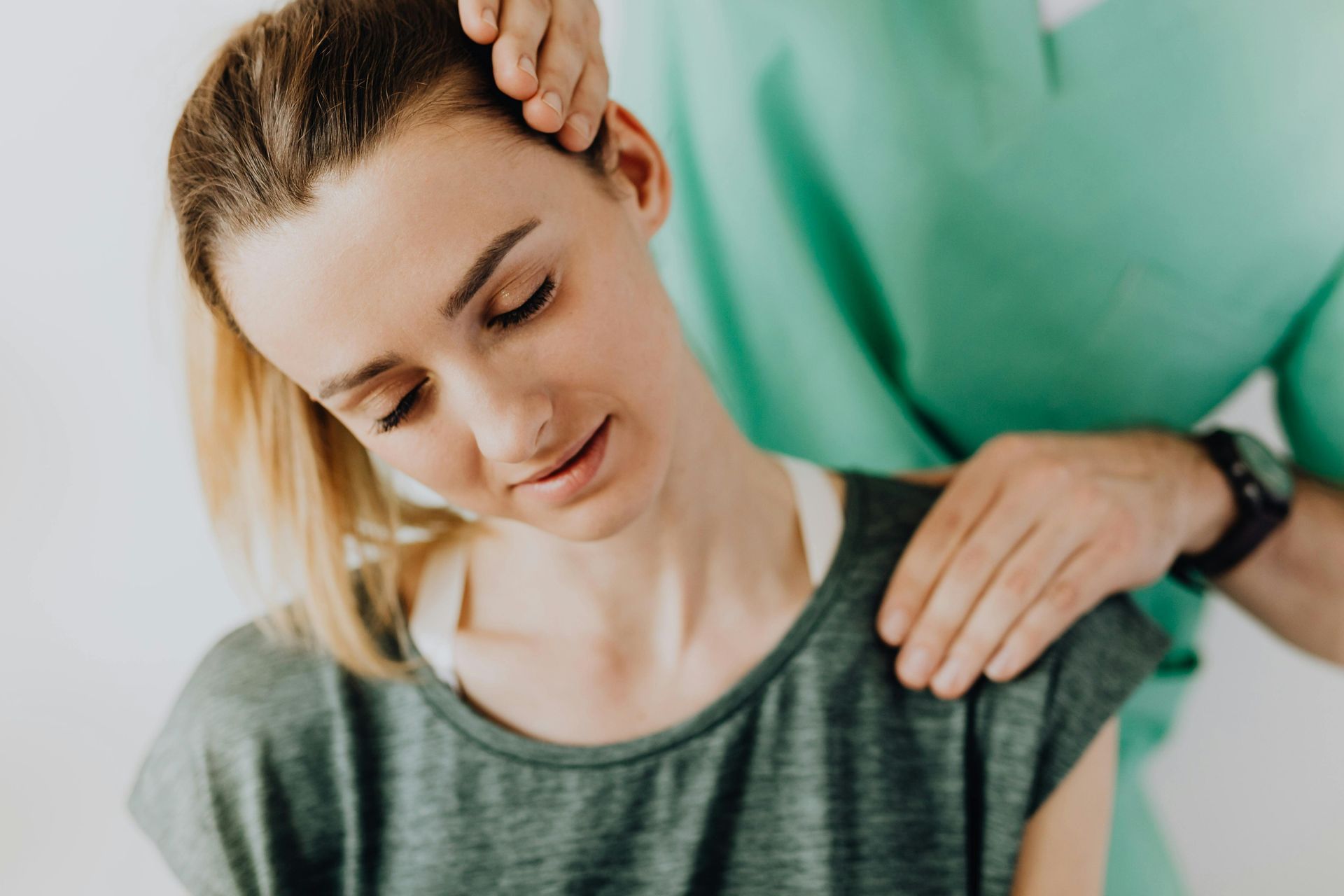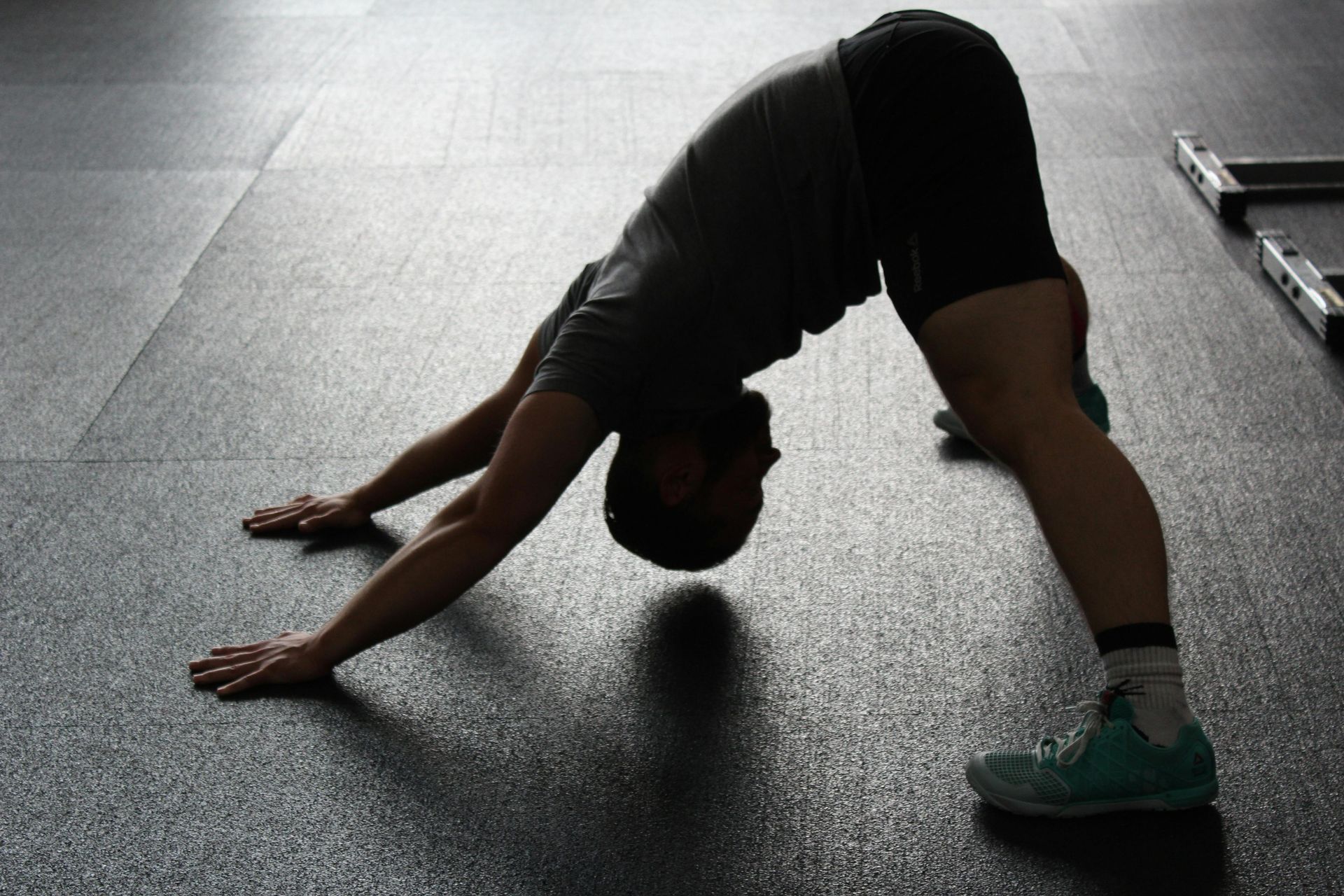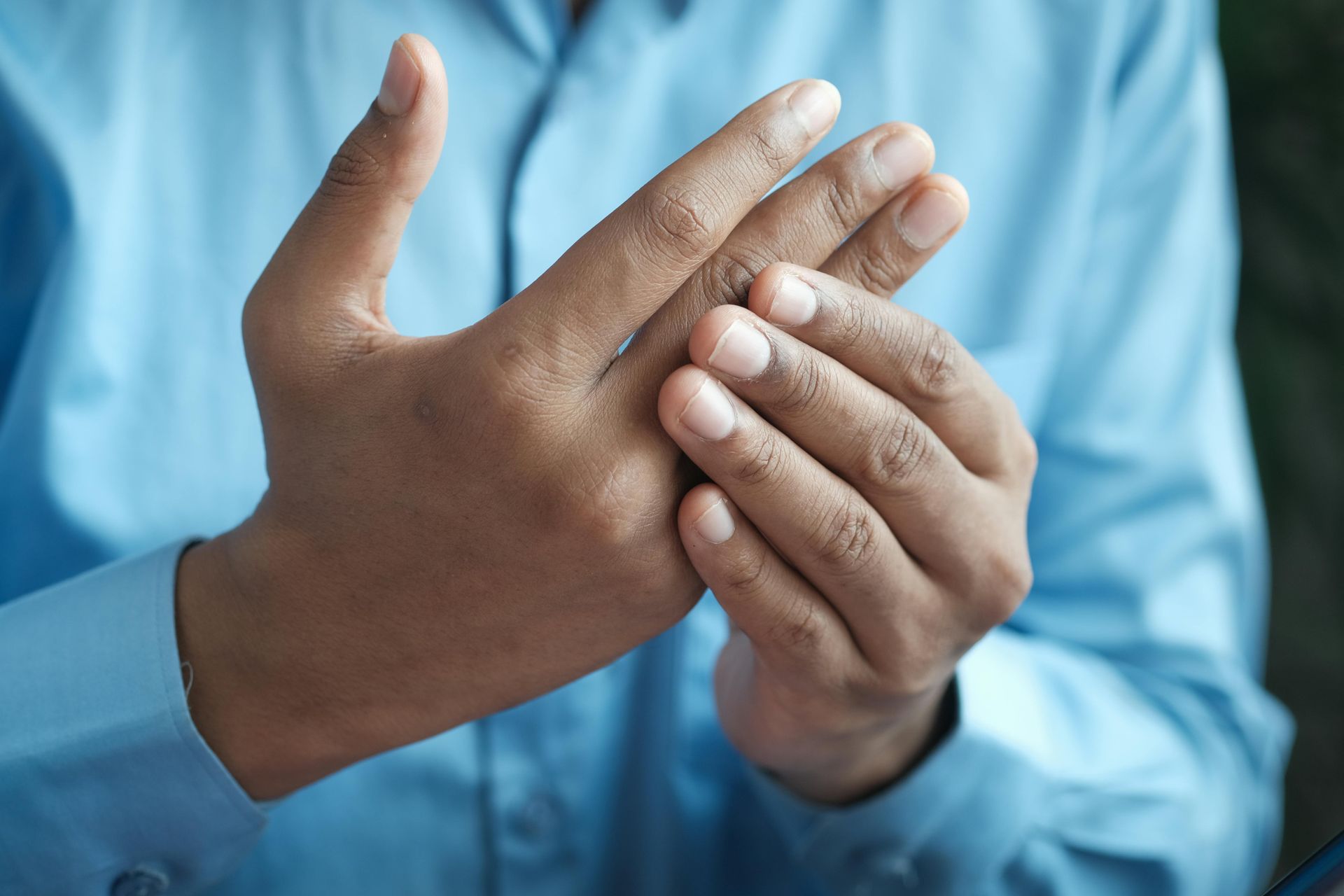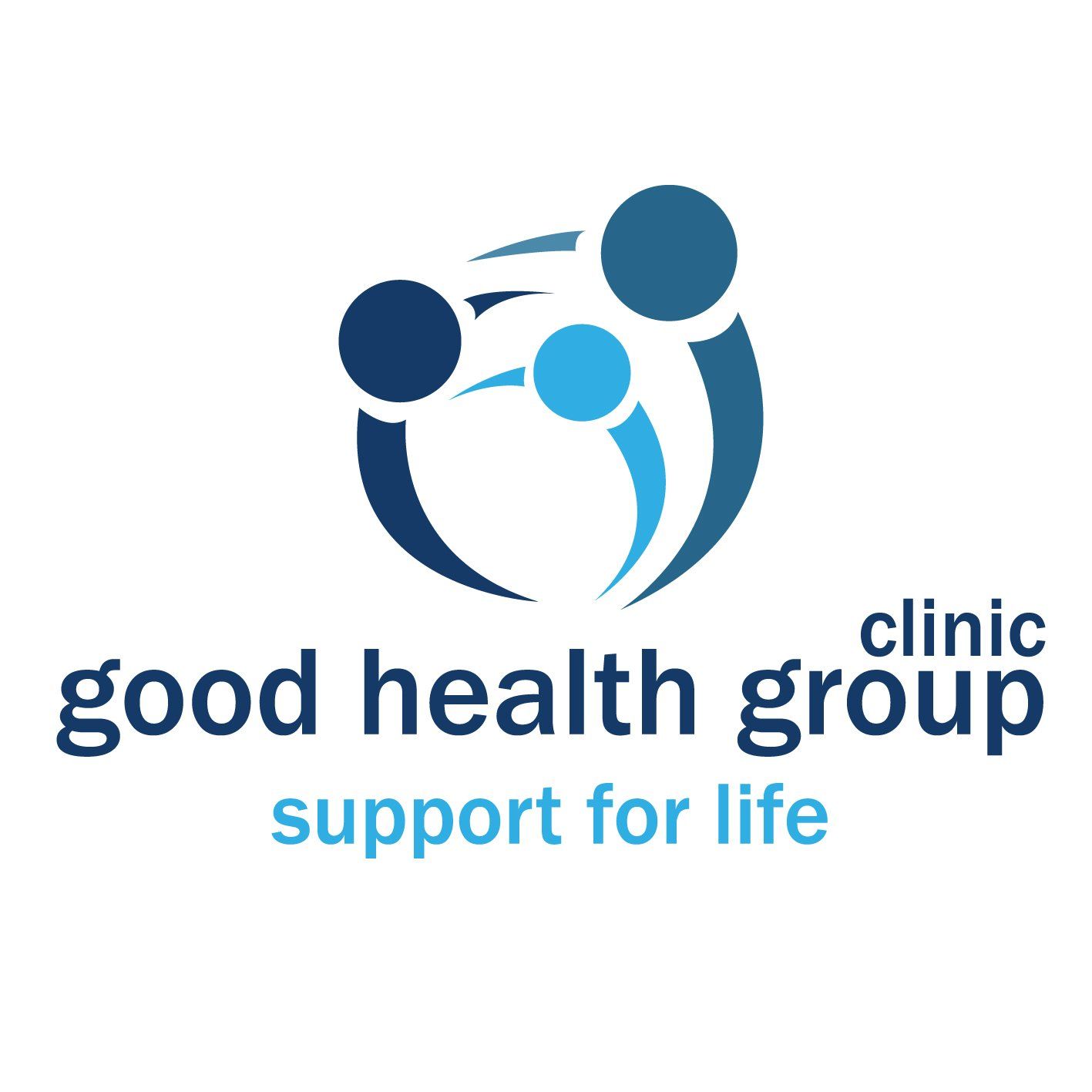Why Are Women Treated for Neck and Shoulder Pain More Often Than Men?

This isn’t just a coincidence, there are several reasons why women experience neck pain more frequently.
From biological differences to lifestyle factors, understanding why this happens can help you manage or even prevent neck pain.
Why Neck Pain Affects Women More
Hormones and Body Structure
- Hormonal Differences: Estrogen, a hormone that plays a major role in women's health, can increase sensitivity to pain.
This is especially true during hormonal changes, like the menstrual cycle or menopause, when women may feel more discomfort in their neck and shoulders.
- Less Muscle Support: Women tend to have less upper body muscle compared to men, which means their neck and shoulder muscles work harder to support their head and posture. This can lead to more frequent strain and tension.
- Joint Flexibility: Women are generally more flexible, but this can sometimes work against them.
Having loose joints can cause instability in the neck, making it more prone to pain.
Daily Activities and Posture
- Jobs and Lifestyle: Many women spend long hours working at desks or caring for family members.
Sitting for extended periods, especially with poor posture, puts extra strain on the neck and shoulders. Tasks like looking down at a phone, carrying children, or repetitive movements can also contribute to neck pain.
Stress and Emotional Health
- Stress and Tension: Women often report higher levels of stress, which can lead to muscle tension. Stress can manifest physically, particularly in the neck and shoulders, contributing to pain.
- Anxiety and Depression: These conditions are more common in women, and they can lead to increased muscle tension and discomfort. Emotional stress and physical pain are closely linked, meaning that women who struggle with anxiety or depression may experience more frequent neck pain.
A Holistic Approach to Treating Neck Pain
At
Good Health Group Clinic, we believe in addressing all the factors that contribute to neck pain, whether they are physical, emotional, or related to lifestyle. Our approach involves a range of therapies and treatments from different professionals:
Physical Therapies
- Myotherapy and Remedial Massage: Experts like Ian Selvarajoo (myotherapist) and Tae Noh (Sam) (remedial therapist) use targeted techniques to release muscle tension, improve movement, and relieve pain.
- Dry Needling: Both Ian and Sam also perform dry needling, which helps reduce muscle tightness and trigger points that contribute to pain.
- Chiropractic Care: Dr. Tanja Nishibata provides chiropractic adjustments and soft tissue therapy to improve alignment, mobility, and reduce pain in the neck and shoulders.
Mental Health Support
- Psychologists and Psychotherapists: Stress and anxiety are closely tied to muscle tension and pain.
Our mental health professionals can help manage the emotional factors contributing to your pain, using techniques to reduce stress and anxiety.
- Counselors: Sometimes, life’s challenges add to physical pain. Our counselors provide emotional support, helping you develop coping strategies to manage stress, which can reduce muscle tension in your neck and shoulders.
Naturopathic Care
- Naturopaths: Addressing the body holistically, Our naturopath,
Simone Goulding at our clinic can help reduce pain through natural remedies like herbal supplements, stress management, and nutritional guidance.
She focuses on healing the body from within by addressing inflammation, hormone imbalances, and overall well-being.
Why a Holistic Approach Works
A multidisciplinary approach is the best way to manage neck pain because it tackles every part of the problem—physical, emotional, and lifestyle factors. Here’s how it helps:
- Physical Relief: Treatments like massage, myotherapy, and chiropractic adjustments help relieve muscle tension and restore proper function to your neck and shoulders.
- Emotional Balance: Stress and emotional health play a big role in neck pain.
Our psychologists, counselors, and psychotherapists can help manage the emotional and mental health aspects of pain. - Whole-Body Healing: Naturopathic care focuses on reducing pain through diet, lifestyle, and natural supplements, addressing the root causes of neck pain.
Conclusion
Women are treated for neck and shoulder pain more often than men due to a combination of biological, lifestyle, and emotional factors.
By understanding these causes and using a holistic approach, we can help you not only relieve pain but also prevent it from coming back.
At
Good Health Group Clinic, we are here to support you with expert care from our multidisciplinary team.
If you’re struggling with neck and shoulder pain, contact us today to get started on your journey to relief.
References
- Fillingim, R. B., et al. (2009). "Sex, Gender, and Pain: A Review of Recent Clinical and Experimental Findings." The Journal of Pain, 10(5), 447–485. doi:10.1016/j.jpain.2008.12.001
- Miller, A. E. J., et al. (1993). "Gender Differences in Strength and Muscle Fiber Characteristics." European Journal of Applied Physiology and Occupational Physiology, 66(3), 254–262. doi:10.1007/BF00235103
- Rasmussen-Barr, E., et al. (2012). "Cervical Muscle Endurance in Neck Pain: Assessment Reliability and Variability." Physical Therapy, 92(6), 791–803. doi:10.2522/ptj.20110094
- Cagnie, B., et al. (2007). "Individual and Work Related Risk Factors for Neck Pain among Office Workers: A Cross Sectional Study." European Spine Journal, 16(5), 679–686. doi:10.1007/s00586-006-0269-7
- Holmgren, K., et al. (2009). "Low Back, Neck/Shoulder Pain, and Stress among Workers with Demands on Hidden Emotions: Cross-Sectional Survey." BMC Musculoskeletal Disorders, 10, 83. doi:10.1186/1471-2474-10-83
- Piccinelli, M., & Wilkinson, G. (2000). "Gender Differences in Depression. Critical Review." The British Journal of Psychiatry, 177(6), 486–492. doi:10.1192/bjp.177.6.486
Blogs














